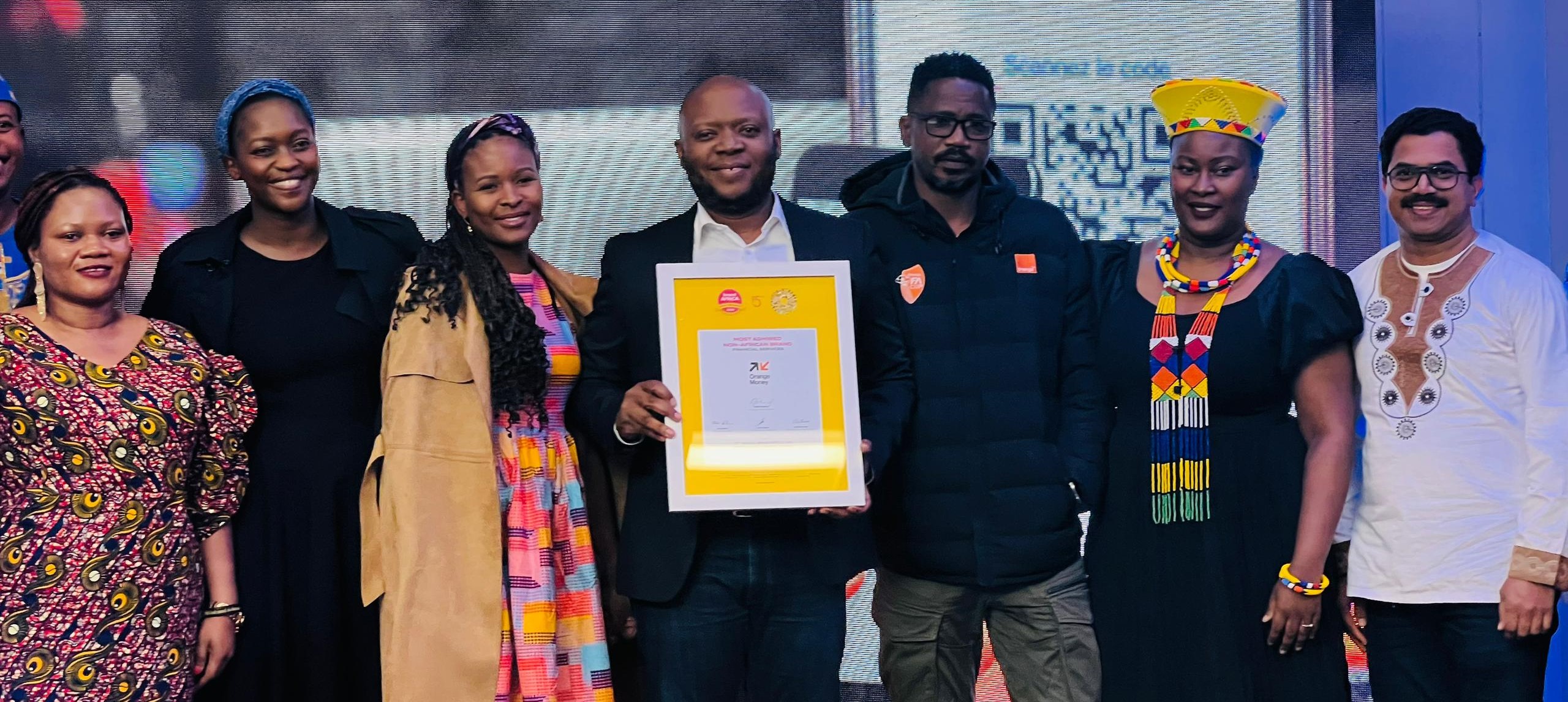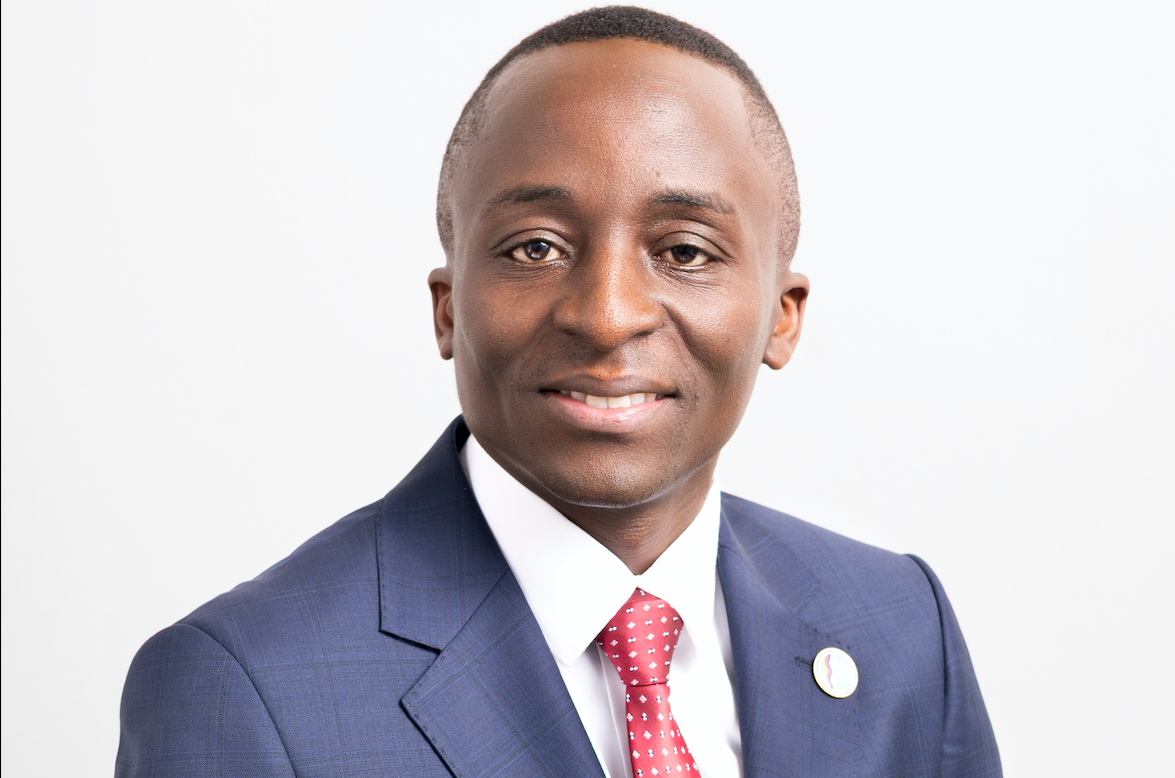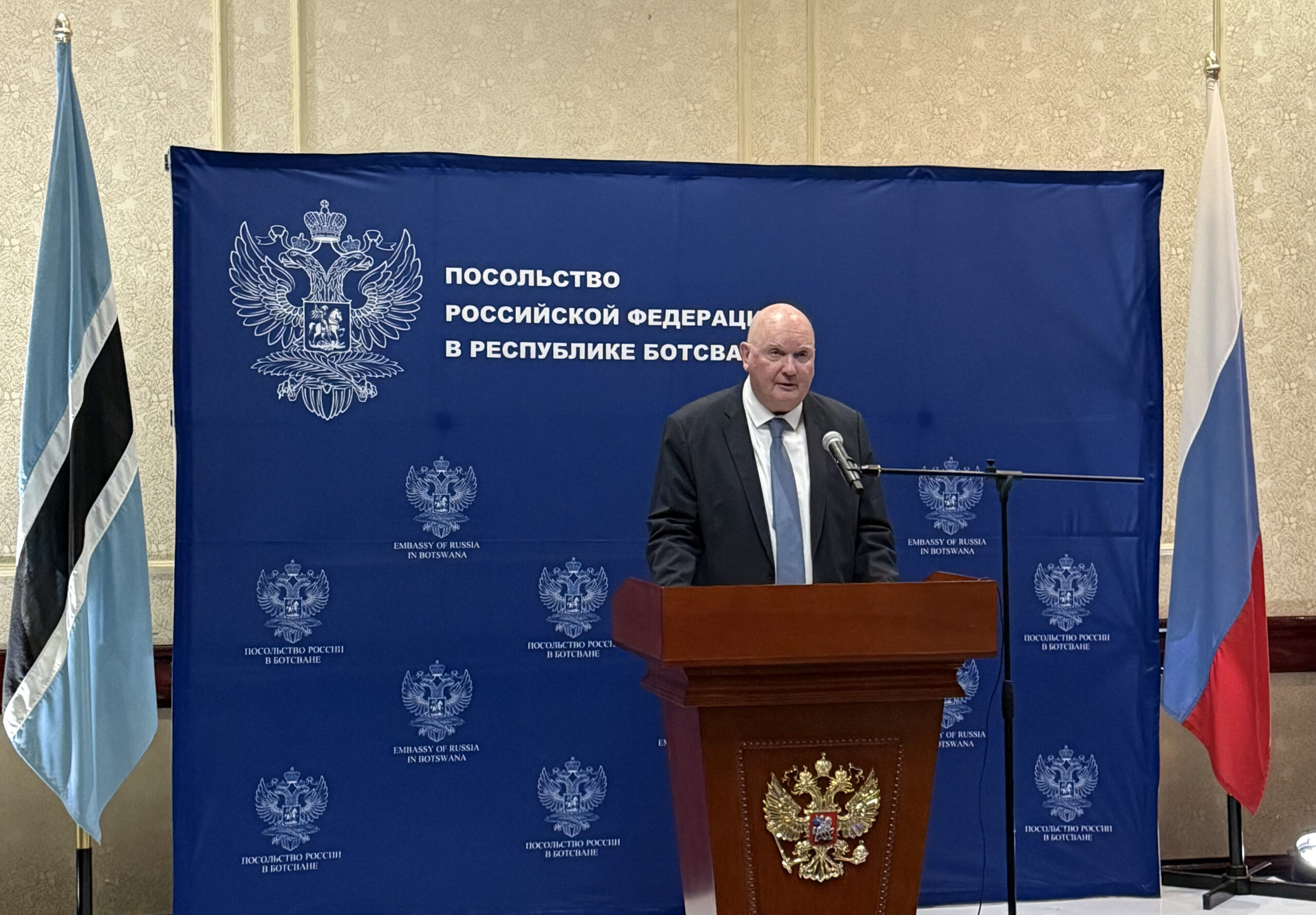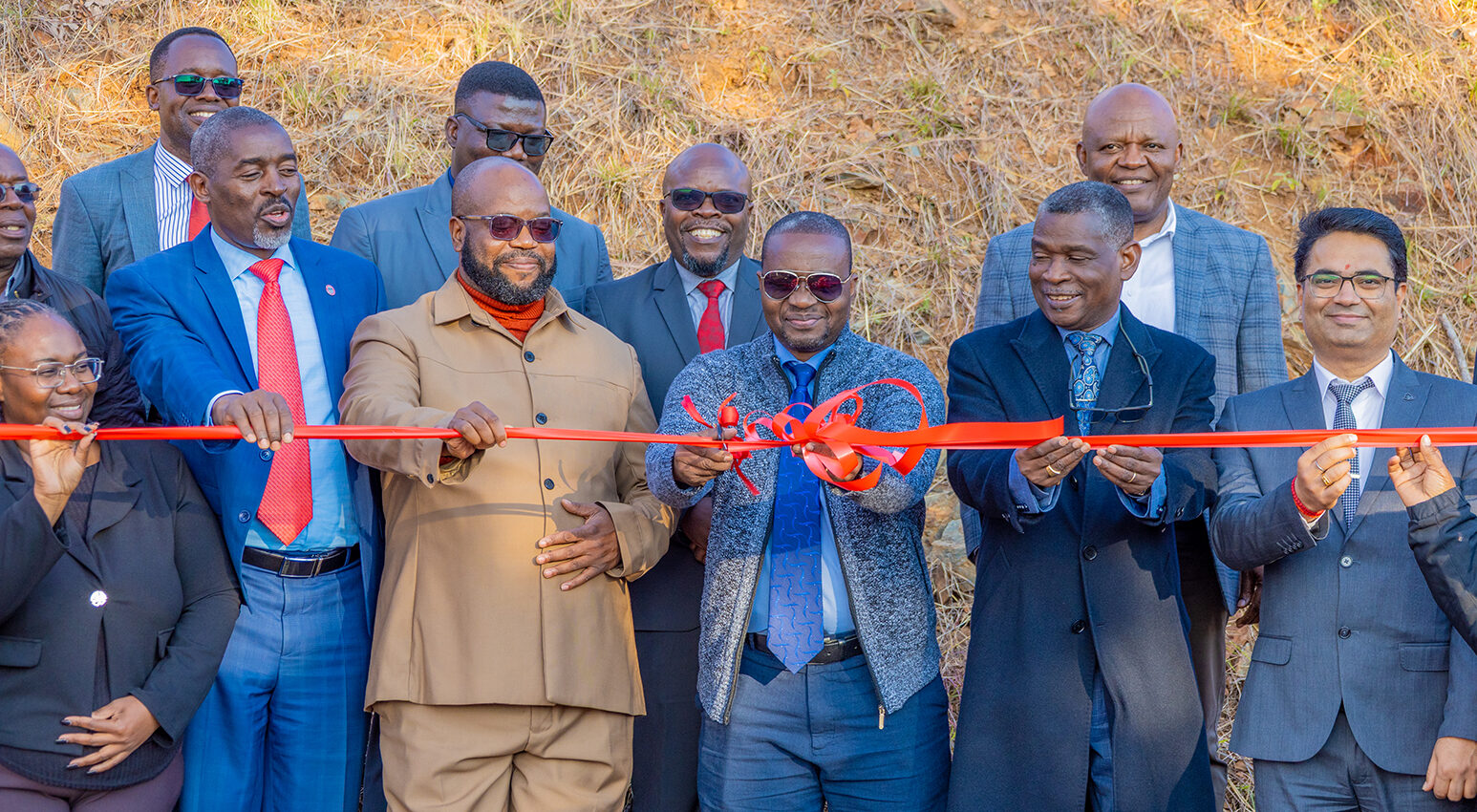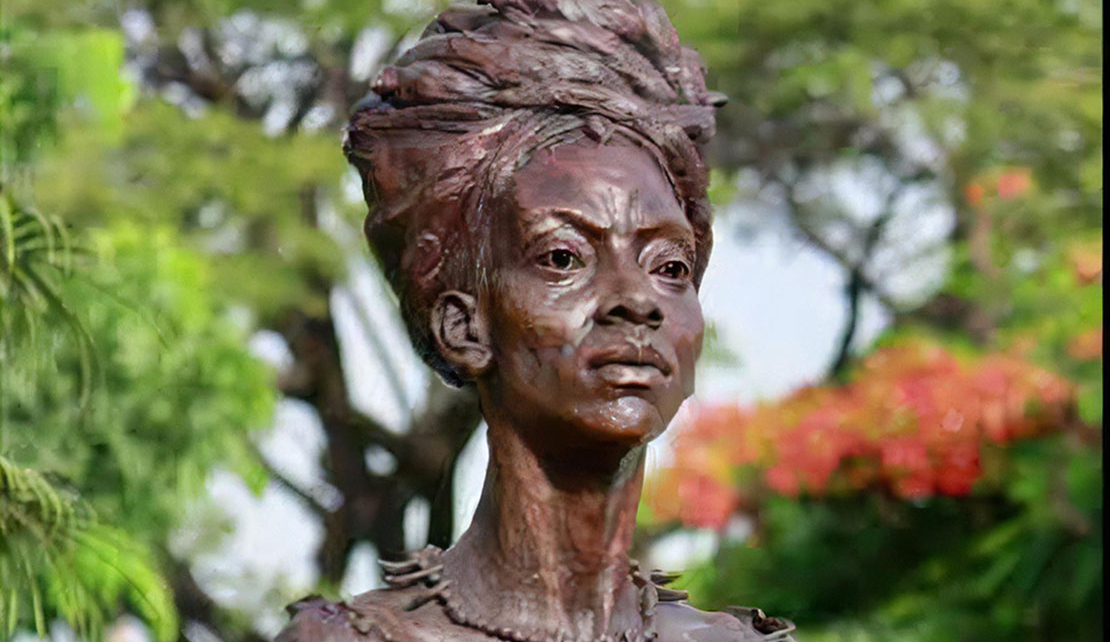By Suraya Dadoo
An investigation by the Committee to Protect Journalists (CPJ) has revealed how Botswana’s security forces routinely arrest journalists, take possession of their devices, and use Israeli phone-hacking technology to access their sources.
According to Jonathan Rozen, CPJ’s senior Africa researcher, Botswana police are making use of the Universal Forensic Extraction Device (UFED) – the flagship product of Israeli company – Cellebrite – to extract data from the phones of journalists who have written about state officials and corruption. This is part of the state’s wider crackdown on the media and government critics. Cellebrite’s devices enable security agencies to extract data from locked mobile phones.

In March, Botswana police seized computers and phones from arrested reporters with the Moeladilotlhoko News Boiler, a Facebook-based news outlet. Officers demanded passcodes, answered calls and read messages on the devices. They kept two of the phones as evidence even after the charges were withdrawn. David Baaitse, a reporter for Botswana’s Weekend Post newspaper, told CPJ that intelligence agents took phones belonging to him and his colleague to be analyzed for six months following their arrest last year.
“If you take my phone and go and analyze it, you have my folders and everything, all my contacts”, says Baaitse. He added that such actions by security forces hinder journalists’ ability to gather information. “Sources, they no longer trust us. They no longer want to deal directly with us”.
Mmegi journalist, Tsaone Basimanebotlhe, was forced to hand over her devices to security agents in July 2019. A senior officer then used Cellebrite technology to extract and analyse thousands of her messages, call logs, and emails, and her web browsing history. “They were looking for people that are divulging information to the media”, Basimanebotlhe told CPJ.
In April 2020, Oratile Dikologang – the digital editor and co-founder of the Botswana People’s Daily News website – was detained and interrogated.
“What are your sources, where do you get information”, Dikologang was asked repeatedly. Dikologang refused to reveal his sources – but he did provide the password to his phone. Police then “successfully extracted” and “thoroughly analysed” thousands of the journalist’s messages, contacts, images, audio files, and videos, as well social media accounts and applications using Cellebrite technology.
“This affects my work”, Dikologang told CPJ. “Since [my sources] know the phone has been taken by the state, maybe they will be afraid to give information”.
“It’s a huge breach for a journalist,” says Outsa Mokone, editor of Botswana’s Sunday Standard newspaper. Mokone’s devices were taken when he was arrested in 2014. “We can’t protect our sources if our phones are seized”.
“This thing has sent shivers down the people who take journalism seriously”, says Spencer Mogapi, chairman of the Botswana Editors Forum and editor of The Telegraph.
Cellebrite told the CPJ that the company has “multiple checks and balances” to ensure that its technology is used as intended, and it requires that agencies and governments that use its technology uphold international human rights law.
However, Israeli human rights activist and lawyer, Eitay Mack, found that Cellebrite’s technology has been sold to several countries implicated in human rights violations and has been used to crack down on political dissent in China, Hong Kong, Russia, Belarus and Bangladesh.
Cellebrite has even sold spying products to bodies under international sanctions.
Botswana’s use of invasive spying technology to scour seized devices raises significant concerns over privacy and press freedom. “It [has] a chilling effect on freedom of the press”, says Dick Bayford, a lawyer in Gaborone whose firm represented Basimanebotlhe and Baaitse.
Botswana’s police spokesperson, Dipheko Motube, and government spokesperson, Batlhalefi Leagajang, did not respond to CPJ’s questions on the issue.
This is not the first time that the Botswana government has been found to be using Israeli spying equipment on journalists. In December, the University of Toronto’s Citizen Lab – which investigates digital espionage against civil society – detailed how the Directorate of Intelligence and Security Services (DISS) was one of seven African state security agencies using tools developed by the Israeli telecoms company, Circles, to infiltrate the phones of journalists investigating political corruption.
Israeli companies have been selling spying software to the Botswana government for years. In January 2020, Amnesty International filed a lawsuit in Israel calling on Israel’s Defence Ministry to ban the export of invasive spying software. In July 2020, an Israeli court denied the request.
According to some analysts, the sale of spying equipment is in fact an important part of Israel’s diplomatic charm offensive in Africa. Tel Aviv has been forging closer partnerships with governments on the continent in recent years in the hope of diminishing African solidarity with Palestine and gaining supportive votes in the UN.
Suraya Dadoo is a writer based in Johannesburg, South Africa.
